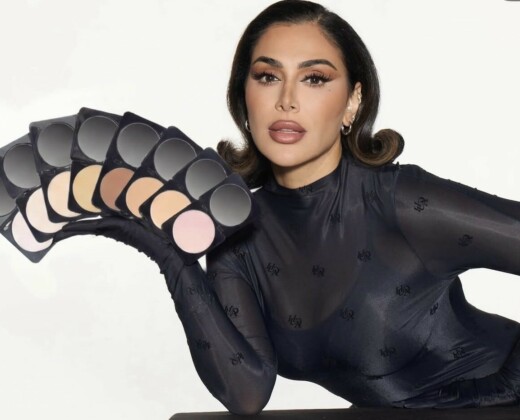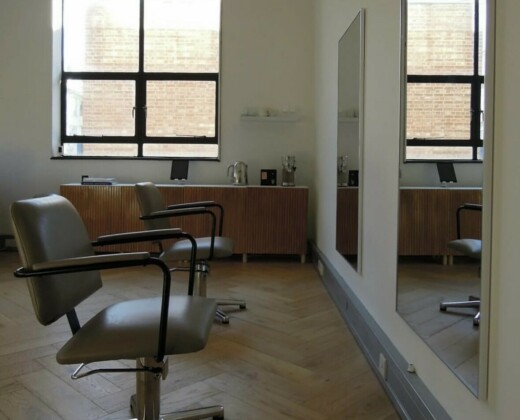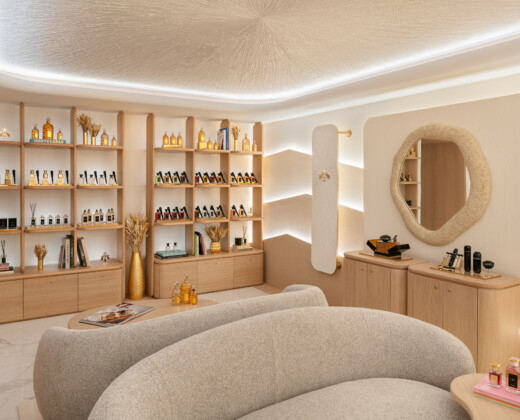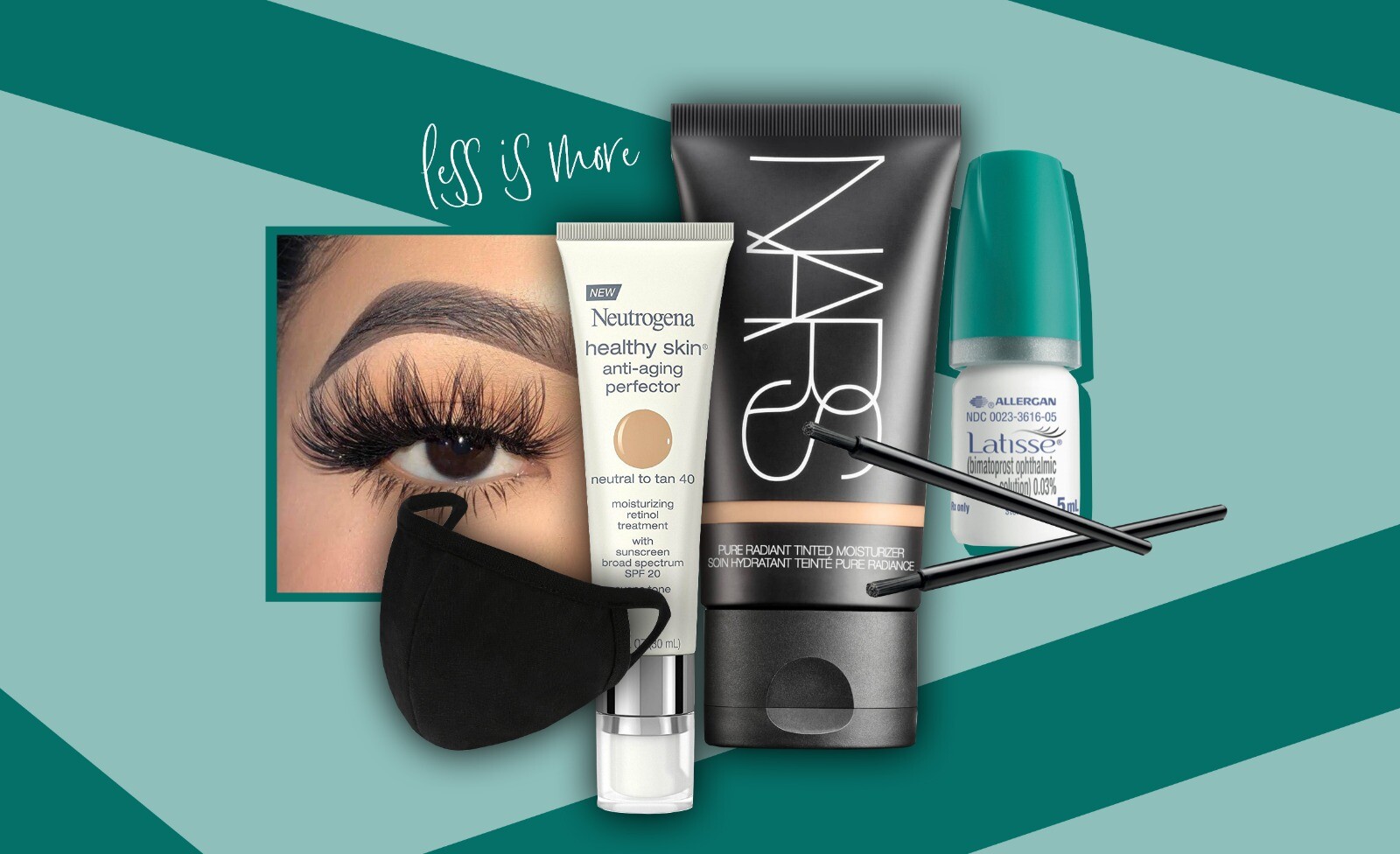
Along with a nation-wide lockdown, the current Covid-19 outbreak has also brought a new meaning to word face masks. What was once a beauty product featuring in our skincare routines and self-care weekends has become a facial protection barrier from contracting the Coronavirus.
These face masks come in different forms, from the paper and the homemade cloth mask to the surgical and N95 mask. Face masks have become a required accessory to wear when going outside, but what happens when this protection mask leads to a skin breakout? Voir fashion speaks to Dr Elizabeth K. Hale on the impact of face masks on your skin how to prevent, combat and treat possible breakouts.
We spoke to Dr hale on the possible cause of skin breakouts or irritation after wearing face masks. We were surprised to hear the problem might not be the face mask, but the state of your skin and the weather as it relates to your skin type when wearing the mask.
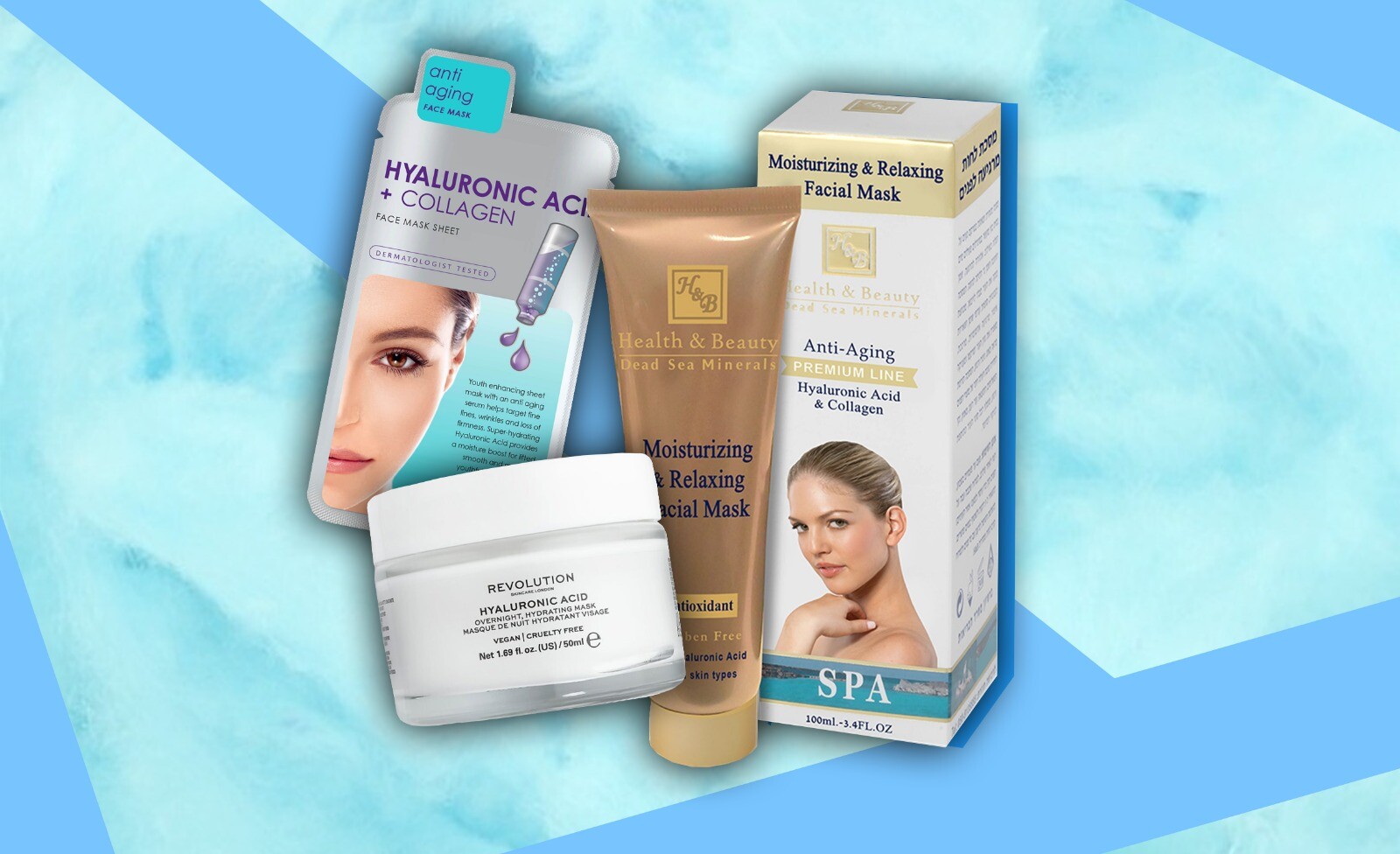
Generally speaking, the skin is most sensitive and most prone to irritation when it is dry and dehydrated. So theoretically, if the weather conditions are dry or if we are indoors with the heat on with no humidifier, our skin is going to be at greatest risk. Hopefully, as the weather warms up, and the air is not as dry, we should better tolerate wearing masks. However, one thing to be aware of high pollen counts accompany springtime, so our skin may be more sensitive and reactive than in another season. Also, people who are getting acne under their masks may find the opposite; the warm, humid weather may contribute to worsening breakouts, so look for a mask that is not too tight and occlusive.
Now that we know the causes, how can we prevent skin irritation or breakouts as not wearing a mask is not an option? Dr hale speaks on the importance of maintaining your skin barrier as this is your skin protector.
It’s essential to keep our skin barrier intact, so outside irritants and allergens are less likely to bother us. The way to do this is to use a gentle cleanser (think Dove), make sure to moisturise ideally with a moisturiser containing sun protection (think EltaMD, Cerave) and avoid products and procedures that can injure the skin barrier. For example, on a regular day, products with glycolic acid and retinol or exfoliative sonic brushes may have a role in our skincare regimen; during the time of wearing masks, we should cut down or hold off for now, so our skin barrier is not impaired. Also, avoid heavy make-up; the extra occlusion provided by the mask is going to congest your skin, leading to breakouts.
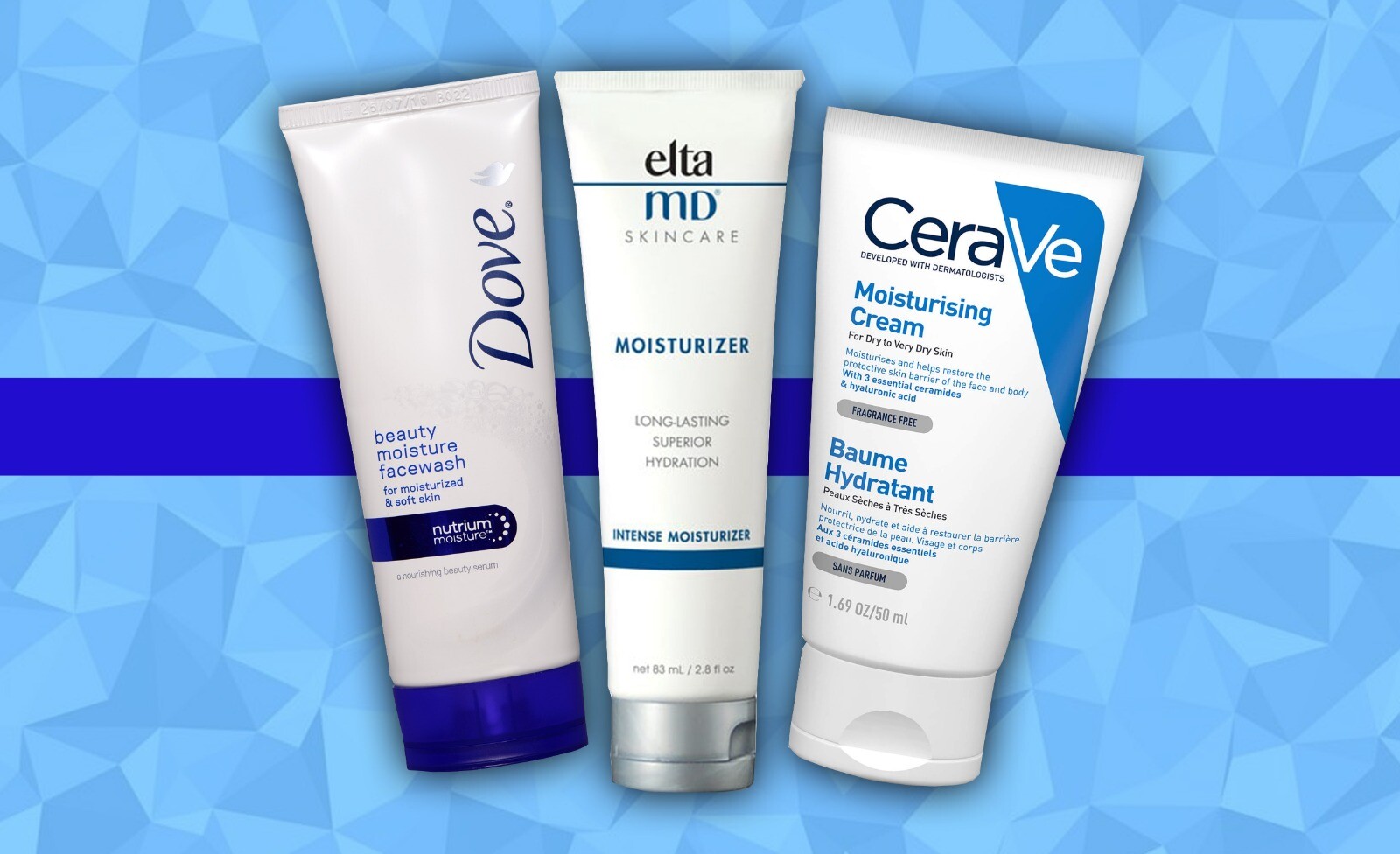
Before you swear off the outside now that the doctor has recommended avoiding make-up. Dr Hale understands the role make-up plays in your life, and she has suggested alternative ways to slay your look while still protecting your skin.
I have been telling my patients and friends to play up your eyes, this might be a time to try Latisse as our eyelashes have become our greatest accessories! As far as make-up, less is more now! Look for a lightweight tinted sunscreen, which can provide a little colour and extra protection.
As we have stated before not wearing a mask is not an option because as much it may affect your skin the latter puts you in a greater risk of contracting the virus, and I don’t know about you, but I’d rather weather the skin irritation. Thanks to Dr Hale, you may not have to choose the greater risk, she gives a skincare routine after taking off your masks to repair the damage on your skin during the day.
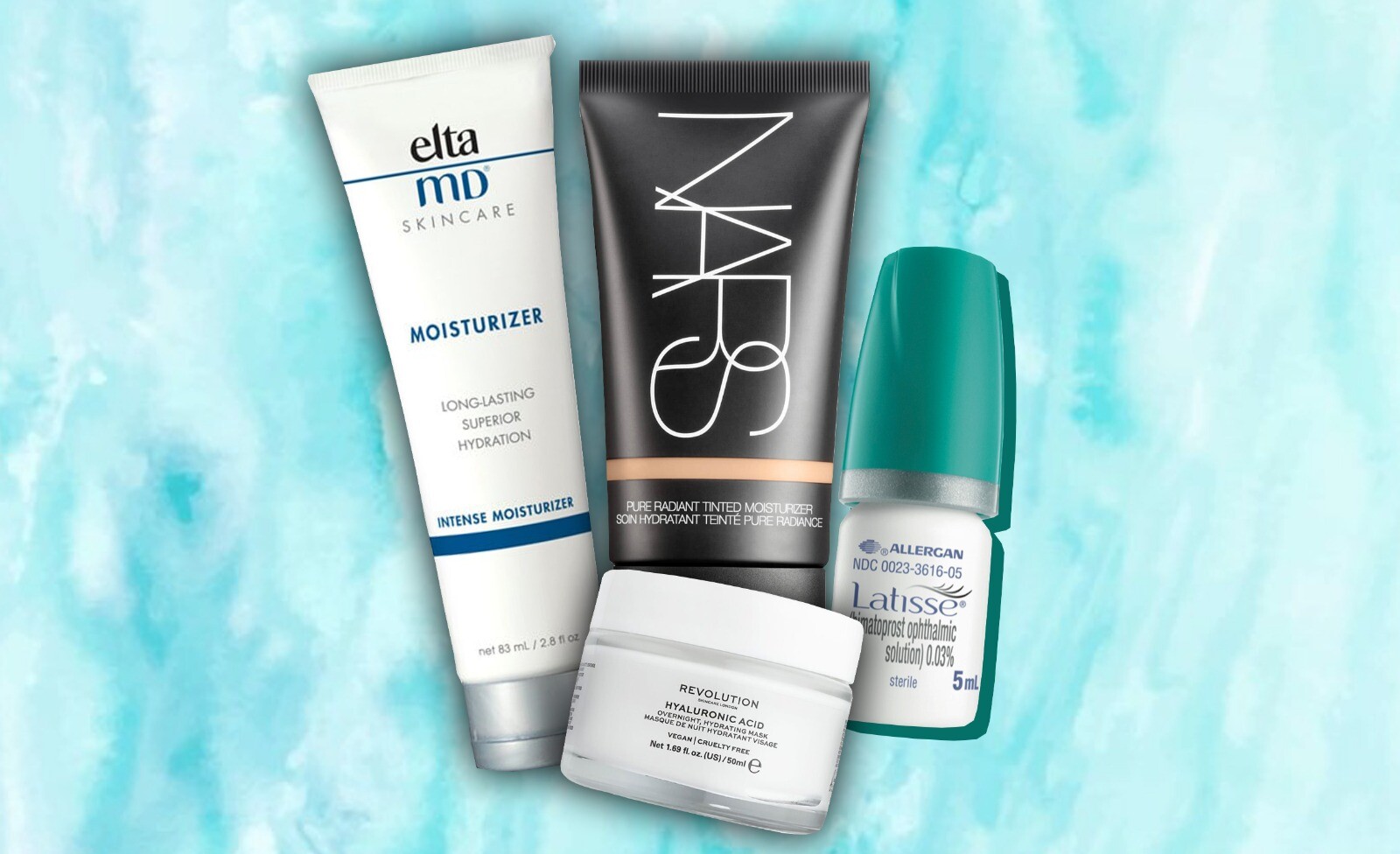
Gently clean your face when you remove your mask and apply a lightweight moisturiser after cleansing. Now might be a good time to try a hydrating skin mask with hyaluronic acid to restore hydration to the skin. If you are breaking out, while it may be tempting to use an acne mask, these often contain acids which may further irritate your skin barrier.
What if you are already experiencing a rash or skin irritation because of the mask. Dr hale has advised on how to identify it and the steps to take and skincare ingredients to use to mend your skin.
There are two main types of skin issues resulting from wearing masks all day.
The first is irritation, rashes and skin sensitivity. For this, avoid irritating products, use gentle cleansers and moisturise! Try to protect the skin barrier!
The second common skin annoyance from all this mask-wearing is acne or breakouts. This is more common in people with oily skin and those wearing heavy make-up under their masks. These people should consider cleansing with salicylic acid wash and look for an OTC acne product like Differin or speak to a dermatologist about getting a prescription like Epiduo or RetinA micro to spot treat the acne lesions. Just remember, when treating acne, less is more – if you apply too much of an acne product, you will dry your skin out too much, leading to further irritation and peeling.
Find out more from Dr. Elizabeth Hale here, on her instagram: @dermdrhale
Words by Precious Njoki
Graphics by Georgia Walters
, , , , , , , , , , , , ,


